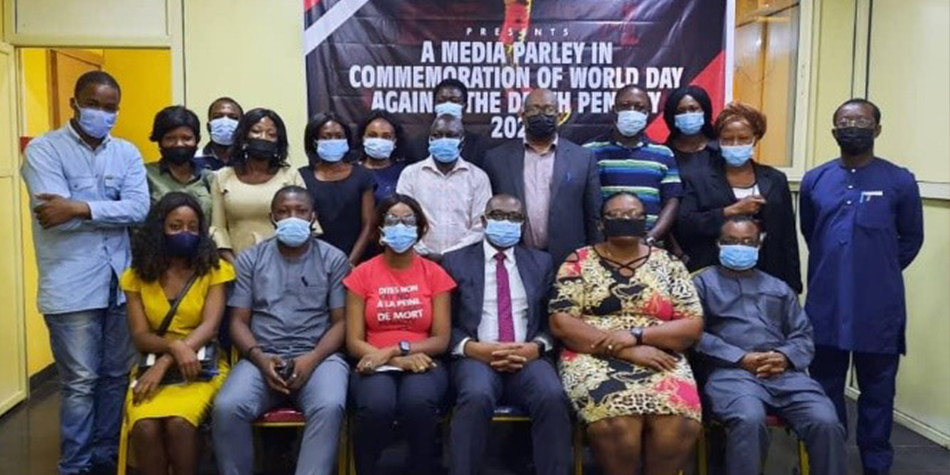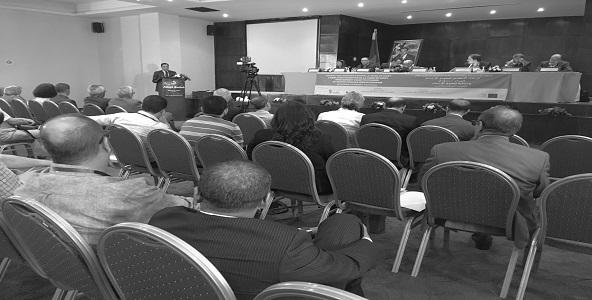Uniting activists’ forces is Amina Bouayach’s obsession
World Congress
A bright smile on her face, Amina Bouayach know how to bring together scattered forces for the defence of human rights. A communication professional by trade, she became an activist in the 1980s to defend political prisoners in Morocco.
She was inspired by the movements at work to help political prisoners in South-American dictatorships at the time. She then became convinced that unity was an almighty strength. “From then on, my focus has always been: ‘How to get together to defend certain rights?’,” she says.
Bouayach is a founding member of the Moroccan Organisation for Human Rights (OMDH), which she now chairs. Her organization began campaigning against the death penalty in 1993, when OMDH criticized the execution of high-ranking security official. “We went against that sentence and against the death penalty as a punishment. Reactions were strongly negative.” Yet the next year, after OMDH included the death penalty among “serious violations of human rights” in Morocco, a royal decree of amnesty saved the life of all death row inmates.
Abolitionism is a “complex” project
Bouayach came to the World Congress to tell participants that the struggle for the abolition of the death penalty is a “complex” project, which combines protection and promotion of human rights. “The protection of human rights can be compared to the job of an emergency room doctor, while their promotion is a long-term piece of work,” she said.
Hence the need to bring together all kinds of abolitionist actors, starting with human rights NGOs. Bouayach took part in that work in Morocco, where there is now a national-level coalition.
Aurélie Plaçais, the World Coalition Against the Death Penalty’s campaign co-ordinator, joined her in the workshop on coalition building. She said that while NGOs were ideal actors to start coalitions, they should then “open up to States, local authorities, lawyers, judges, etc.”
According to Plaçais, when a coalition manages to maintain interest among its members in the long run and to develop its own identity without “overshadowing its members”, huge benefits arise. Not only is its members’ action strengthen by shared knowledge and arguments; the coalition also gains campaigning weight.
“When you publish a report or a press release as a single organization, it does not have the same impact as if it was done by all the members of a coalition on the scale of a country or a region,” she pointed out.
Categories
Morocco





